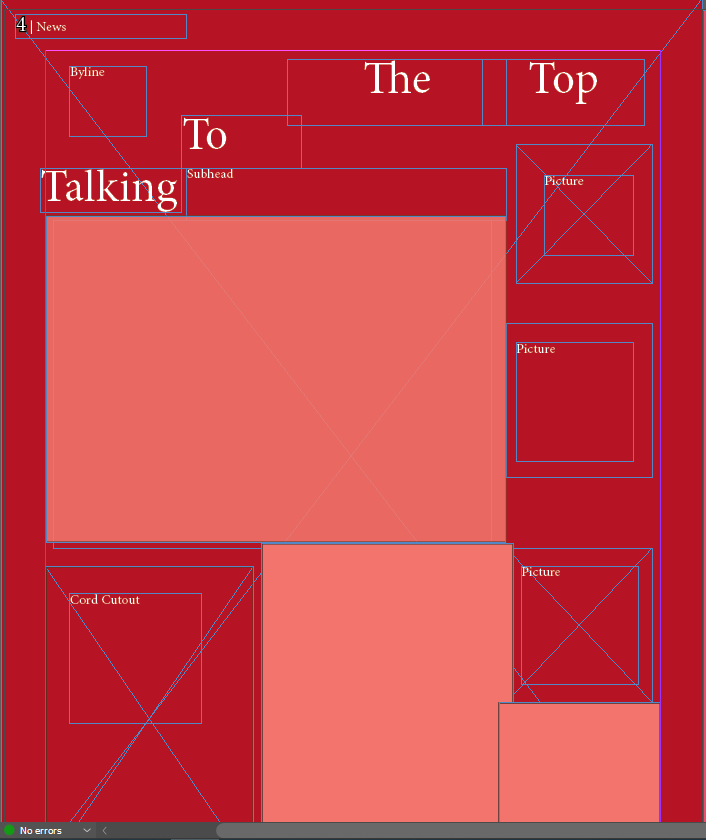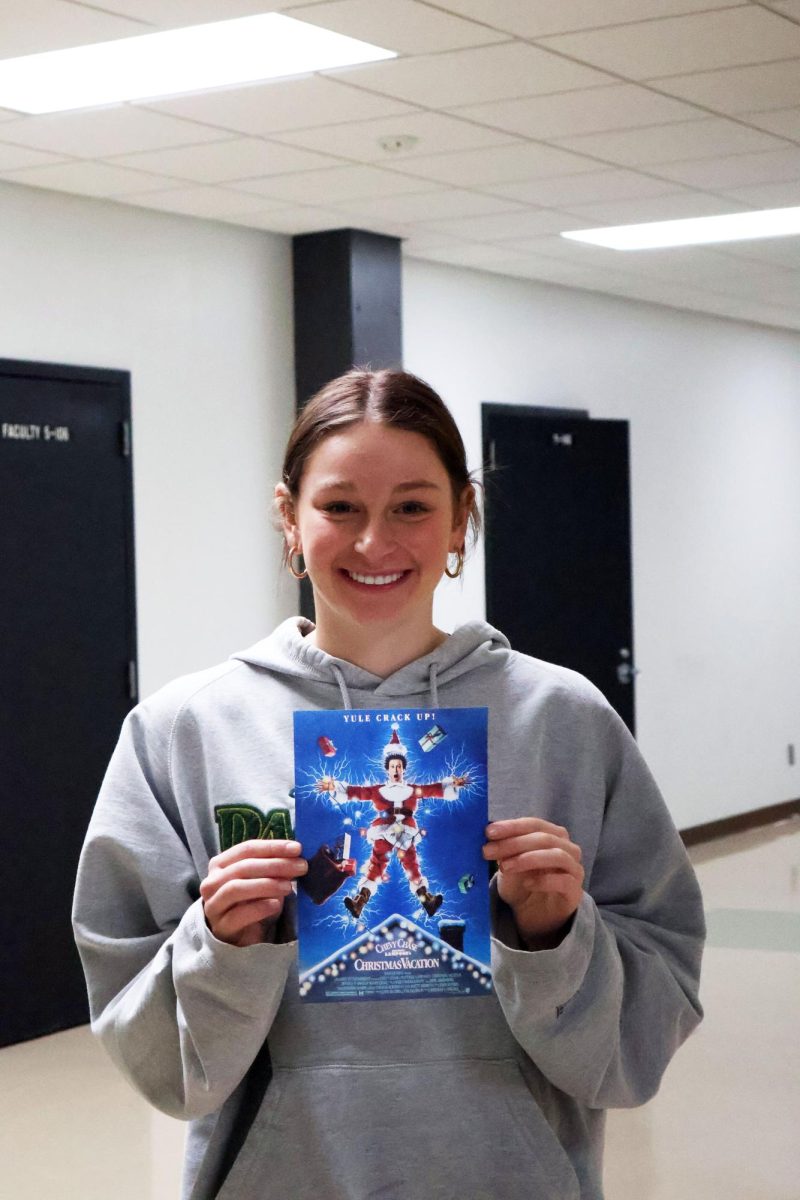Opinion: People should not travel over spring break
March 4, 2021
Spring break in 2020 ended up turning into a “home for the rest of the school year” break, and many trips and vacations were either cut short or cancelled. But the question remains of whether or not COVID-19 conditions have relaxed enough to allow safe traveling this coming spring break.
It is obvious that the pandemic is nowhere near over, as the U.S. has just recently surpassed 500,000 deaths from COVID-19, according to the New York Times and the CDC. Therefore, I believe that most forms of travel over the break are still unacceptable. Health experts from the CDC ranked spring break trip ideas with red, yellow and green “lights”, with camping as the only “green light” travel idea. The “yellow light” trip ideas, meaning that with certain precautions taken, include a skiing or snowboarding trip, getting a vacation rental, taking a road trip and traveling to the beach. CDC officials encourage travelers to stay out of airports when possible and highly discourage eating in restaurants or around other people. The only “red light” trip idea is traveling to party, in places like Florida or Cabo.
According to Humberto Choi, a pulmonologist at Cleveland Clinic, spring break partying is a nightmare for doctors who work in the ICU. Even if you have already been infected with COVID-19, the advice is the same; do not travel to party. Crystal Watson, a senior scholar at the Johns Hopkins Center for Health Security, says that we do not know enough about the duration of immunity, and there have been many instances of reinfection, which proves that testing positive for COVID-19 once does not grant you immunity.
I think that celebrities and influencers have definitely had an impact on people’s travel plans because they have made it seem more acceptable to travel even though we are still in the midst of a pandemic. No one should have an excuse to travel just because they are famous or have a large social media platform. TikTok influencers such as Charli D’amelio and Addison Rae, among others, have traveled to the Bahamas and other beaches without facing much backlash, because their platform and fame makes it seem more acceptable.
Many people’s opinions have also changed since COVID-19 vaccines have come out and have been proven successful. According to Danny Altmann, professor of immunology at Imperial College London, the COVID-19 vaccines have not been judged primarily on their ability to prevent transmission, though this is now being evaluated as a secondary endpoint for many of them.
COVID-19 vaccines have been almost 100% successful in providing immunity for the person vaccinated, but there is no evidence that the vaccine protects against spread of the virus. In fact, there is proof that the virus can still be carried and spread after vaccination, even if the carrier never gets physically sick.
Many people that I know who have had COVID-19 at some point in the past have used that as an excuse to be able to hang out in large groups and not wear masks, when there is clear evidence and strong recommendations from health officials that precautions should not be let go of after a person has gotten COVID-19 or has been vaccinated.
I believe that this spring break, people should either stay home altogether or find a way to vacation in a COVID-19 safe way. Being vaccinated or post-infection does not dismiss the fact that not wearing a mask, traveling in large groups and to places with higher exposure rates puts not only the traveler, but everyone around them, in danger.





















